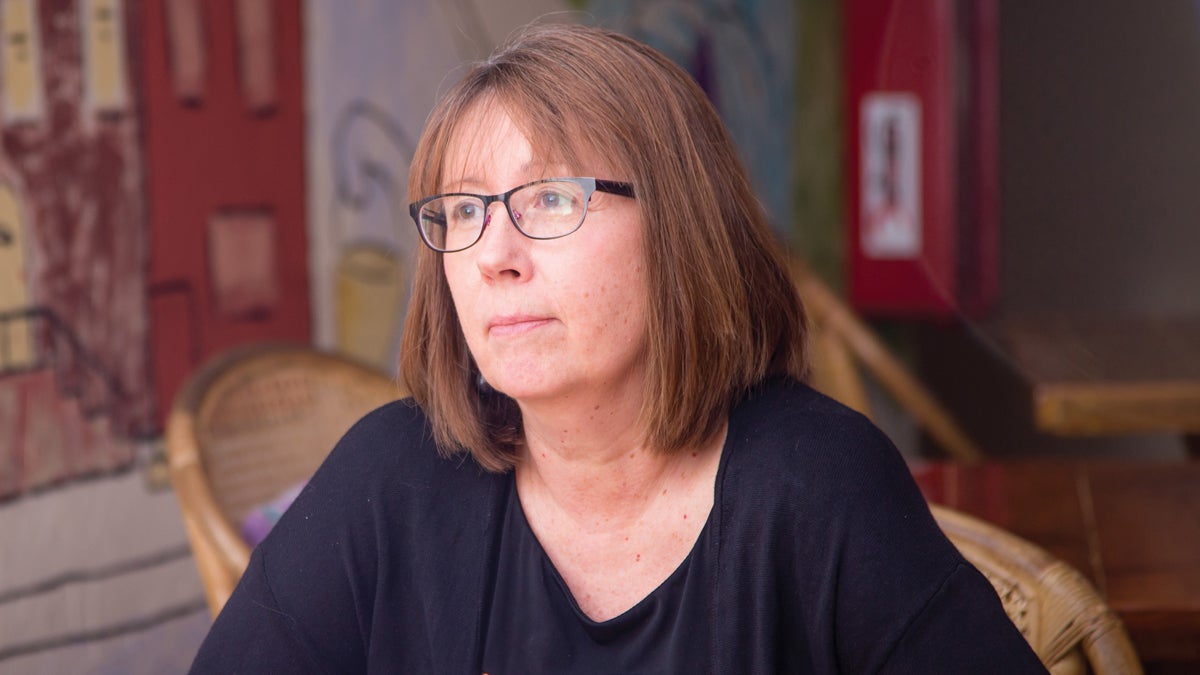Creating healthy communities using restorative justice
Listen
Lorraine Stutzman Amstutz coordinates the Mennonite Central Committee's restorative justice program. (Photo by Jon Styer/Eastern Mennonite University)
Reforming the United States criminal justice system is the rare topic that enjoys bipartisan support. However, there is a wide range of ideas about what can and should replace the status quo.
In early March, conference attendees at Pendle Hill, a Quaker conference retreat center near Swarthmore, Pennsylvania, heard about “Beyond Crime and Punishment: Fostering Transformative Justice in Community.”
Lorraine Stutzman Amstutz, coordinator of the Mennonite Central Committee’s restorative justice program and featured speaker at the conference, joined NewsWorks Tonight host Dave Heller to discuss the basics of the restorative justice philosophy.
According to Stutsman Amstutz, restorative justice is about more than putting offenders behind bars away from the community. “A lot of the work that we do is asking about needs. We talk about, rather than just punishment, it’s about accountability.”
On an academic level, the model tries to involve students in defining the policies that govern the school. “Sometimes, that’s very difficult,” she said. “For administrators it may feel like giving up some control, when actually it is helping students have a behavior that’s going to help them be more successful.”
WHYY is your source for fact-based, in-depth journalism and information. As a nonprofit organization, we rely on financial support from readers like you. Please give today.


